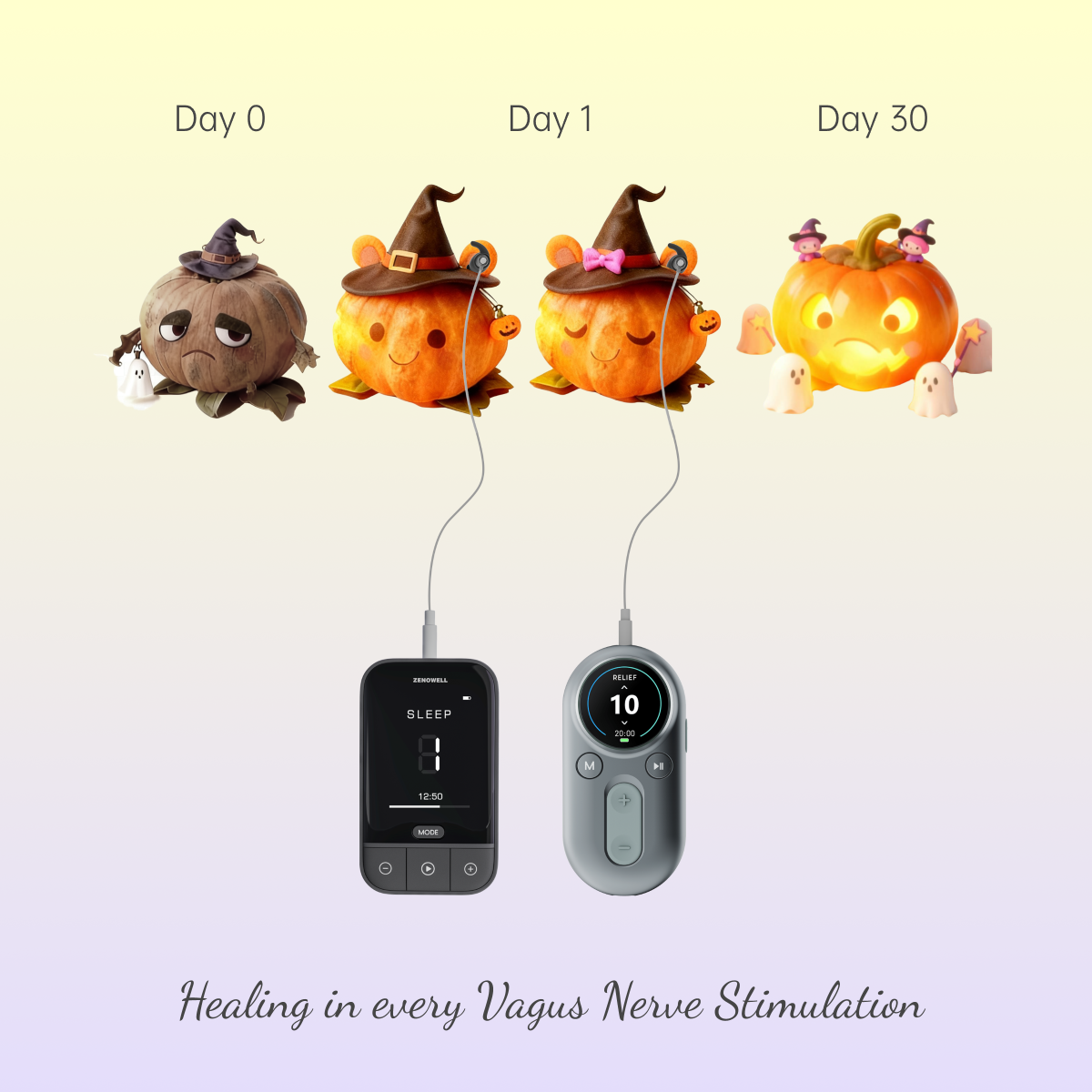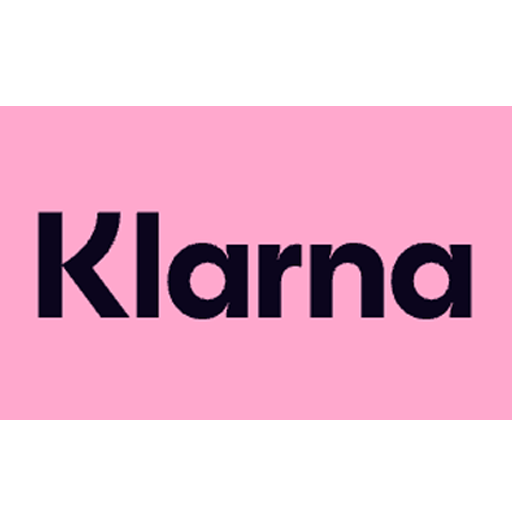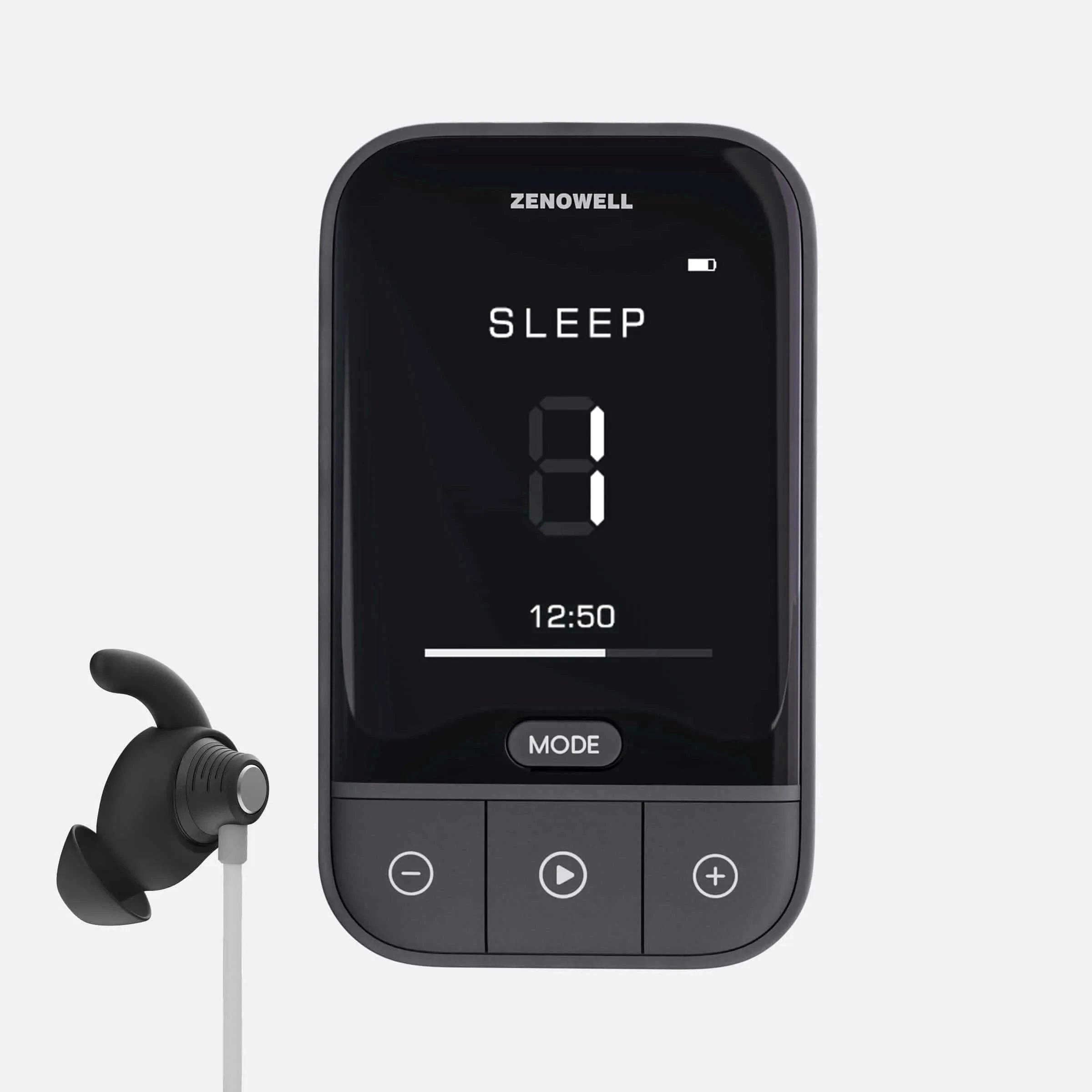New taVNS research on period pain: Understanding the science behind relief
Period pain is more than just a monthly inconvenience — it's a reality that affects millions of women worldwide. At ZenoWell, we believe in staying informed about emerging research that may help improve women's health and wellbeing. Today, we're sharing findings from a recent clinical study that offers new insights into managing menstrual pain.
The Reality of Period Pain
The numbers tell an important story:
- 45-95% of women of reproductive age experience period pain globally
- For 10-20% of young women, the pain is severe enough to cause absence from work or school
- Current treatments (typically NSAIDs) don't work for 20-25% of patients and can cause gastrointestinal and other side effects
- In the US alone, dysmenorrhea causes an estimated loss of 140 million working hours annually
These aren't just statistics—they represent real challenges that affect daily life, careers, relationships, and overall quality of life.
What the New Research Shows
A randomized controlled trial recently published in Neuromodulation journal examined a non-invasive approach called transcutaneous auricular vagus nerve stimulation (taVNS) — a method that uses gentle electrical stimulation applied to specific points on the ear.
Study Design
Researchers at Artvin Çoruh University in Turkey worked with 34 women diagnosed with primary dysmenorrhea. The treatment protocol was straightforward:
- 5-minute sessions daily for five consecutive days
- Treatment began five days before the expected menstrual period
- One group received active taVNS; the other received sham treatment
Key Findings
Compared to the sham group, women who received taVNS showed statistically significant improvements in:
✓ Pain intensity (measured across the first three days of menstruation)
✓ Pain threshold in abdominal and lower back regions
✓ Menstrual symptoms including both physical and emotional aspects
✓ Anxiety levels
✓ Physical performance and daily functioning
Importantly, no adverse effects were reported during the study.
How It May Work
The researchers suggest taVNS may help through several pathways:
- Activating the body's natural pain-inhibition systems through brainstem structures
- Increasing parasympathetic nervous system activity (the "rest and digest" response)
- Modulating inflammatory responses in the body
- Affecting brain regions involved in both pain perception and emotional regulation
These mechanisms work with the body's natural systems rather than simply masking symptoms.
What This Means — and What We Still Need to Learn
This study adds to growing evidence that non-invasive neuromodulation techniques may offer an alternative or complementary approach to traditional pain medications. However, the researchers were transparent about limitations:
- The study involved a relatively small group (34 participants)
- Follow-up was limited to two menstrual cycles
- Longer-term studies with larger populations are needed to fully understand sustained effects
Our Perspective
At Zenowell, we're committed to supporting women's health through science-backed wellness technologies. Research like this reinforces what we believe: that gentle, non-invasive approaches can work alongside the body's natural systems to support wellbeing.
We also recognize that every woman's experience is unique. What works for one person may not work for another, and managing menstrual pain often requires a personalized approach.
If you experience period pain:
- Your experience is valid, and you don't have to suffer in silence
- There are multiple approaches to explore, from lifestyle changes to various treatment options
- Staying informed about emerging research can help you make decisions that work for you
- Self-care isn't selfish—it's an essential part of overall health
We're here to support your wellness journey with information, innovation, and care.
Study Reference:
Yıldız Kızkın Z, Yıldız R, Özden AV. Effects of Transcutaneous Auricular Vagus Nerve Stimulation in Individuals with Primary Dysmenorrhea: A Randomized Controlled Trial. Neuromodulation 2025. Clinical Trial Registration: NCT06146569.
#WomensHealth #PeriodPain #ResearchUpdate #taVNS #Zenowell #WellnessScience #SelfCare















